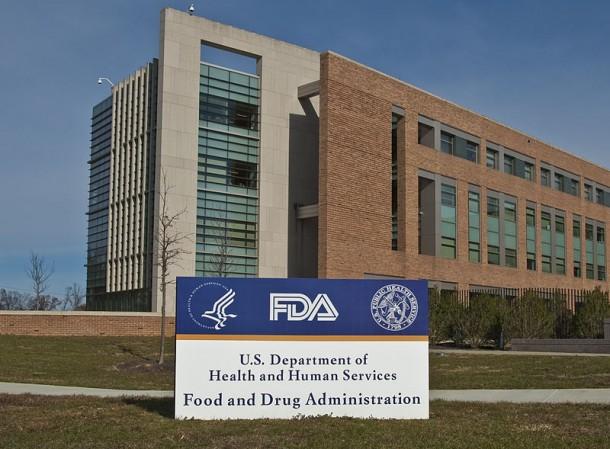
In an effort to increase competition and bring down prescription drug prices, FDA Commissioner Dr. Scott Gottlieb wants to speed approval times for rivals to promising new first-to-market medicines.
The U.S. Food and Drug Administration chief has made a commitment to speeding up approvals of cheap generic medicines, which he said is his agency's main contribution to the Trump administration's push to cut drug costs to consumers. Gottlieb said the primary effort is being led by the Department of Health and Human Services.
"So we're doing it on the generic side, but we're also thinking of doing it on the new drug side," Gottlieb said in an interview on Saturday at the American Society of Clinical Oncology (ASCO) meeting in Chicago, the world's biggest cancer conference.
If companies have breakthrough products and they have invested a lot of capital, they should have an opportunity to price that product based on what the market will bear, Gottlieb said.
"They're going to have a monopoly, but that monopoly shouldn't last forever," he said. "That's what we're trying to facilitate."
Gottlieb said his sense is that some companies are seeing less of an economic prerogative to be the third or fourth to market.
"The days of being the 12th statin are over," he said. "You literally see companies pulling out if they think they are going to be fourth and fifth drug on the market. Companies aren't chasing those opportunities."
He believes that over the past 10 to 15 years the time to market for the second drug in a new class has gotten longer. The agency is currently undertaking an analysis to see if that thesis is correct, and look for ways to accelerate those approvals.
VERY COMPETITIVE
Some cancer drug executives interviewed at the ASCO meeting, however, disagreed with Gottlieb's theory.
"I would love to ask him to give me an example of that," said Liz Barrett, former global president of oncology at Pfizer Inc, who now heads up Novartis' cancer operations.
"If you think about the evolution of oncology in the past few years, it's very competitive in each class," she said.
"I think we're in an era where we make the assumption that there's going to be competition. Even if you get breakthrough therapy designation, that doesn't stop another medicine in the same class from getting breakthrough therapy," Barrett said.
Roy Baynes, head of global clinical development at Merck & Co does not see a need for the FDA to change the way it does business.
"If you have got good data, there is no barrier to getting approved," he said. "It is in everyone's interest to get medicines as quickly as possible."
But when it comes to new prescription drugs, competition does not always bring down prices. It often takes an intervention from health insurers and pharmacy benefit managers to really move the needle.
The introduction of rivals to Gilead Sciences' first-to-market hepatitis C cure from AbbVie and others almost immediately drove down prices. But the cost of hot new cancer immunotherapies have remained high despite intense competition.
A pair of potent but expensive cholesterol treatments from a new class - one sold by Amgen Inc and the other by Regeneron Pharmaceuticals with partner Sanofi - won U.S. approval within a month of each other in 2015. But insurers refused to pay for them in most cases until companies agreed to slash prices.
Sean Bohen, chief medical officer at AstraZeneca, said there may be a bit of a lag in competition in cancer drugs, but not for many other drug classes.
In the case of TNF inhibitors for rheumatoid arthritis and other autoimmune diseases, he said AbbVie's Humira is "the biggest by far, and it was the third approved in the class."
Bohen agreed that companies do need expeditious reviews. But he said the FDA has been proactive at bringing new treatments to market.
Astra's immunotherapy Imfinzi was not first in the class, Bohen said, "but I didn't feel like we were treated like 'Oh, we've got one of those already.'"
If there is any issue, he said, it's a resource issue.
Source: Reuters














